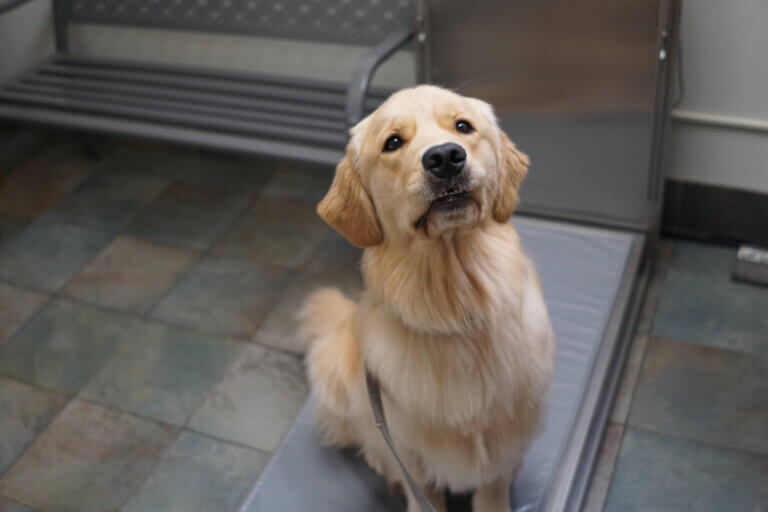Unfortunately, anxiety is not reserved for humans, as it is a very real condition that our beloved dogs may also experience. It can be challenging to see our pet feeling uncomfortable or in distress. However, understanding anxiety in dogs and the potential triggers can be highly effective in mitigating these unpleasant experiences and creating a happier life for our companions.
Common Types of Anxiety in Dogs
There are a range of reasons a dog may experience anxiety, but there are three primary causes, including the following:
· Separation anxiety when their owner leaves the home or leaves them somewhere they are not familiar with.
· Age-related anxiety as a result of a decline in cognitive function, leaving them feeling less aware and more confused or agitated.
· Fear-based anxiety that typically occurs when they are subject to sudden loud noises, new people or animals, or strange places they have not been before.
Identifying Signs of Anxiety
There are many different ways anxiety may present itself in dogs. While some dogs may retreat when they have anxiety, others may act out. Common signs to look out for if you suspect your dog may have anxiety include the following:
· Increased aggression or irritability
· Destructive behaviors
· Urinating or defecating inside the house
· Restless behavior, such as pacing or repetitive movements
· Shaking, trembling, hiding, or tucking the tail
· Persistent chewing or licking
· Excessive drool
Diagnosing Your Dog’s Anxiety
The most effective method for diagnosing anxiety in dogs is visiting your dog’s trusted veterinarian for a professional evaluation. A veterinarian will be able to assess your pet’s behavior and conduct specific evaluations, such as blood tests to ensure their behavior is not caused by a health concern. Once your veterinarian understands what is going on with your dog, they will be able to recommend the most suitable course of action to alleviate your pet’s stress, fear, and nervousness.
If your dog has been demonstrating symptoms of anxiety, it’s time to contact your trusted veterinarian to schedule a checkup to ensure your pet is healthy and to curate an effective treatment plan to help them overcome their anxiety.

